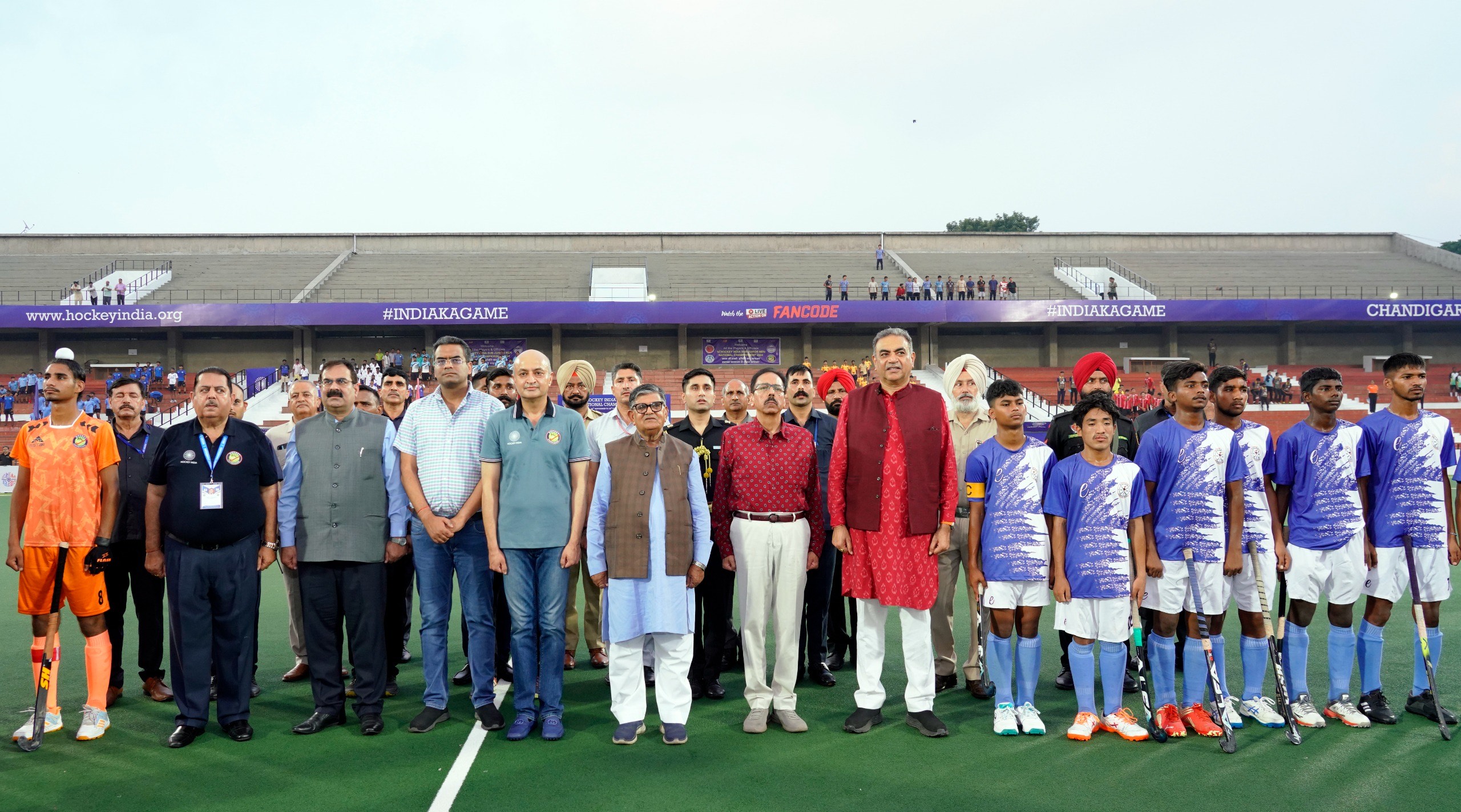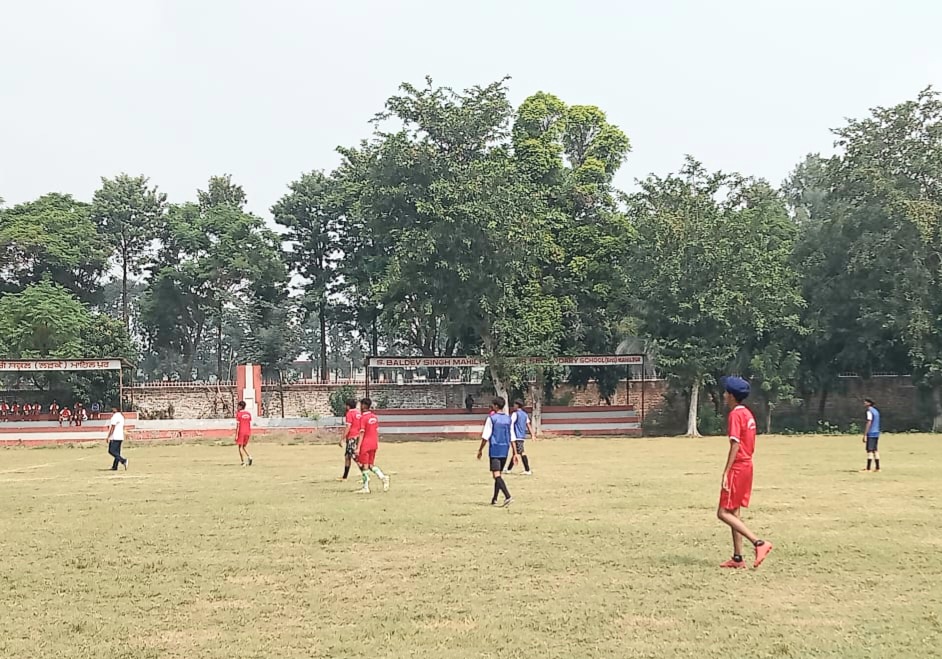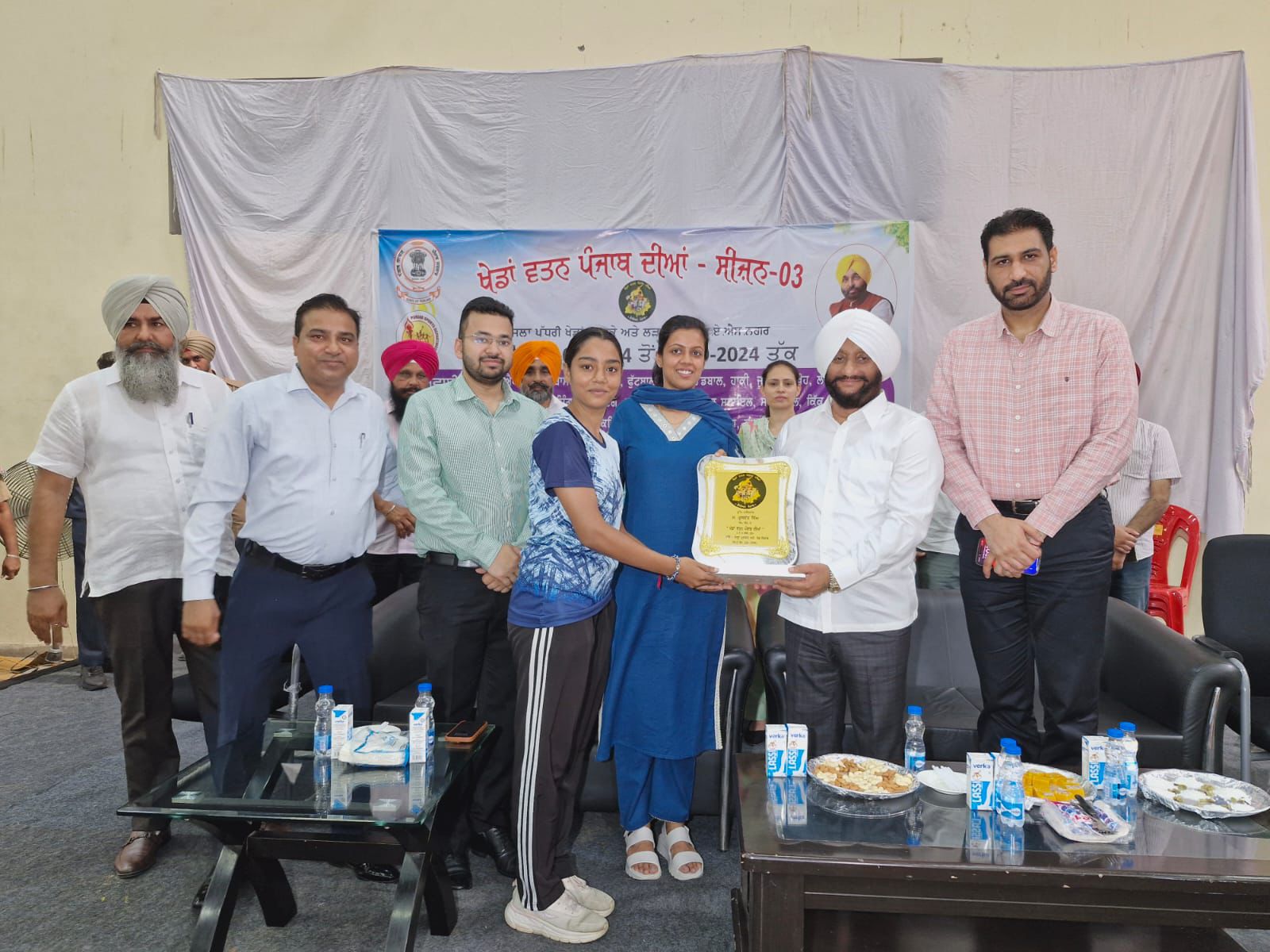
World NCD Federation, is organising 9th Foundation Day International CME, on Noncommunicable Diseases (NCDs) on 24th April 2024.
9th International CME on Noncommunicable Diseases to and release of first report of Chandigarh NCD Registry World NCD Federation is organizing the 9th Foundation Day International CME on noncommunicable Diseases (NCDs), on 24th April 2024. This year's theme, "Disease Registries for Prevention and Control of NCDs," highlights the critical role that disease registries play in combating the growing burden of NCDs worldwide.
9th International CME on Noncommunicable Diseases to and release of first report of Chandigarh NCD Registry World NCD Federation is organizing the 9th Foundation Day International CME on noncommunicable Diseases (NCDs), on 24th April 2024.
This year's theme, "Disease Registries for Prevention and Control of NCDs," highlights the critical role that disease registries play in combating the growing burden of NCDs worldwide.
Disease registries are essential tools for collecting, storing, and analyzing data on specific diseases or conditions within a defined population. They provide valuable information on disease incidence, prevalence, risk factors, and outcomes, which is crucial for informing public health policies, designing targeted interventions, and monitoring the effectiveness of NCD prevention and control programs.
The relevance of disease registries in the context of NCDs cannot be overstated. NCDs, including cardiovascular diseases, cancer, diabetes, and chronic respiratory diseases, are the leading cause of morbidity and mortality globally. According to the World Health Organization (WHO), NCDs are responsible for an estimated 41 million deaths annually, accounting for 71% of all deaths worldwide. These diseases not only impose a significant health burden but also have far-reaching socioeconomic implications, affecting individuals, families, communities, and health systems.
The Chandigarh NCD Registry is a collaborative initiative of the World NCD Federation, PGIMER Chandigarh, and health department Chandigarh Administration, and is first-of-its-kind Integrated Noncommunicable Disease registry in Southeast Asia. Launched in July 2018; the registry covers major NCDs including Stroke, Cancer, Young Diabetes, Acute CardiacEvents (ACEs), Aplastic Anaemia, and Rheumatic Fever/Rheumatic Heart Disease (RF/RHD), and Chronic Kidney Disease (CKD) will be added in the next report. The registry aims to establish baseline data to assess the burden of these diseases and their prevention and control measures.
The inauguration ceremony will feature key dignitaries including Dr Vivek Lal, Director PGIMER who will be the Chief Guest; Dr Suman Singh, Director Health Services, UT Chandigarh who is the guest of honour for the inaugural function and Dr. Prashant Mathur, Director of ICMR- National Centre for Disease Informatics and Research Bengaluru, who will deliver the keynote address. The CME will also mark the release of the first Chandigarh NCD Registry Report, highlighting the achievements, challenges, and future directions of the registry in contributing to the prevention and control of NCDs in South East Asia.
Dr Hitinder Kaur, Director Health Services Punjab, and Dr Ashok Attri, Director Principal of Government Medical College and Hospital Chandigarh will grace the valedictory function as the guests of honour.
The 9th international CME will feature expert presentations, panel discussion, a poster presentation session focusing on the role of disease registries in NCD prevention and control. A walkathon is also being organised from PGIMER to Sukhna Lake at 6 AM to promote the physical activity among the residents of the city. CME is expected to attract a diverse audience, including healthcare professionals, researchers, policymakers, public health experts, and representatives from civil society and the private sector. It will provide a unique platform for participants to exchange knowledge, share experiences, and collaborate on innovative strategies for addressing the NCD burden through effective disease registries.








